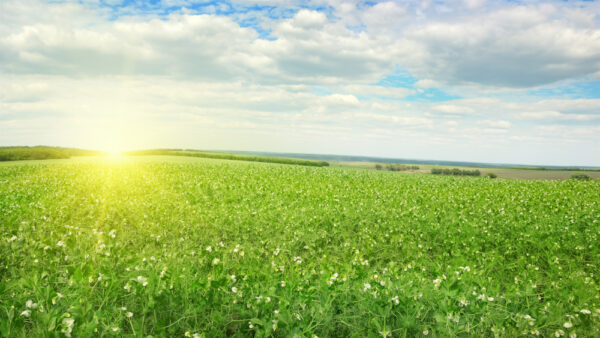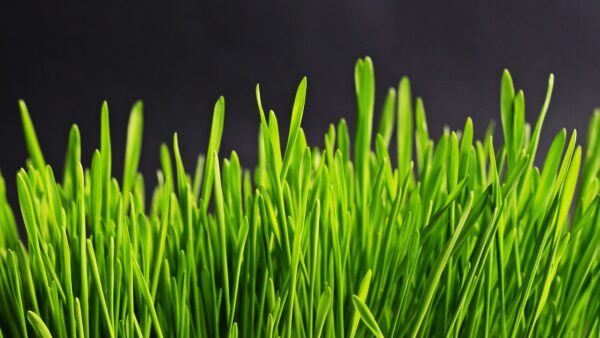Plant breeding and seed sector’s considerations on the next CAP
The European Seed Association (ESA) welcomes the initiative of the Commission to launch a public consultation on the future of the CAP. The agri-food chain starts with seeds. Plant breeding and seed companies are integral to farming, delivering much needed innovation. We share responsibility with farmers, processors and others to provide food security and deliver innovation and diversity in food, feed and energy production whilst protecting our environment, improving the sustainability of our agri-food chain.
The EU agriculture of the future will require greater collaboration across the agri-food chain, starting with plant breeding and seed companies, to tackle the threats ahead. The next CAP should consider this collaborative aspect and incentivise it. Future European farming can be more successful and meet high expectations of society if there is a real commitment and framework to strengthen collaboration.
The EU seed sector plays an increasingly important role in the future of European agriculture, by helping farmers deliver food security, environmental services and landscape management. To do so, we need adequate tools, knowledge and constant exchange with the relevant stakeholders, including visionary policymakers
ESA is of the opinion that key elements of the current CAP can be further improved to better serve its principal objectives. Some provisions might stimulate specific products and boost the development of respective sectors, whilst others might have a more general impact on agriculture as a whole. ESA considers it fundamental for the Commission to support provisions which improve EU farming competitiveness and economic growth on a global level. Farmers’ investments which go in that direction should be encouraged. Economically and environmentally sound production should be at the core of the next reform.
The role of research and innovation
Innovative solutions provided by modern cultivars ensure farmers maintain their competitiveness, delivering increased yields, enhanced quality and crop diversity whilst providing food security despite the growing challenges from pests, diseases and abiotic stress. E.g., climate change represents one of the biggest challenges for agriculture. The seed sector contributes with varieties that are bred to perform well under different soil and climatic conditions and that are protected against emerging new pests and diseases.
To successfully meet all the challenges ahead, famers need to be able to rely on high quality inputs which are increasingly integrated and interdependent.
A multidisciplinary approach is therefore needed to integrate potential solutions across all sectors. For example, synergies between remote sensing technologies and large-scale data analysis empower Digital Farming practices, increasing sustainability and output of agriculture, optimising production.
Benefits of those innovations should be visible to farmers and best application practices should be shared. To this end, opportunities to closer connect farmers and industry, such as e.g. networks of experimental farms, throughout all EU regions, should be promoted. Most important is coherence between EU policies. R&I priorities in and for agriculture should be also reflected in the next CAP and vice versa. The regulatory framework and the major EU R&I funding scheme, H2020, should be consistent. Research and innovation outcomes, promoted by the EU, should be properly backed up by other relevant EU policies such as consequent facilitation and speeding up of market authorisation. That would allow farmers to more quickly and more broadly implement innovation at farm individual level. Europe will only capitalise fully on its innovative capacity if resulting products and services are made available to and can be taken up by farmers.
Source: ESA












